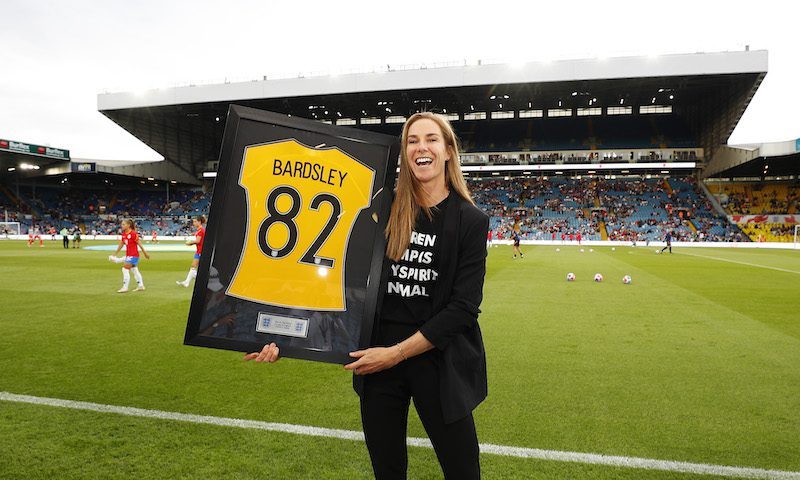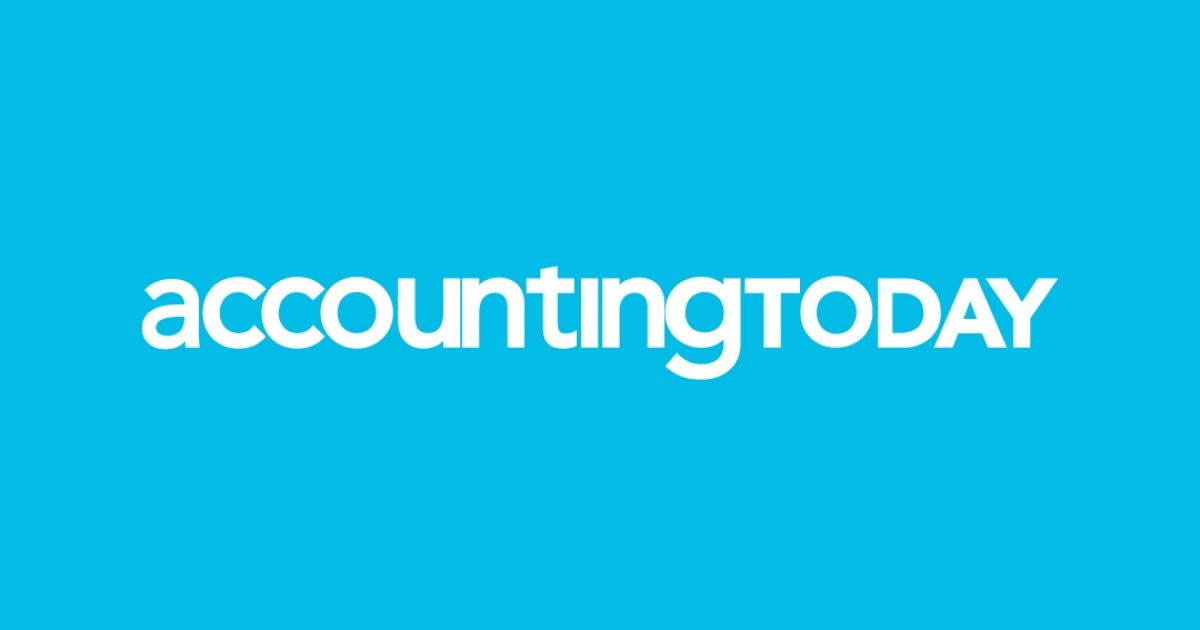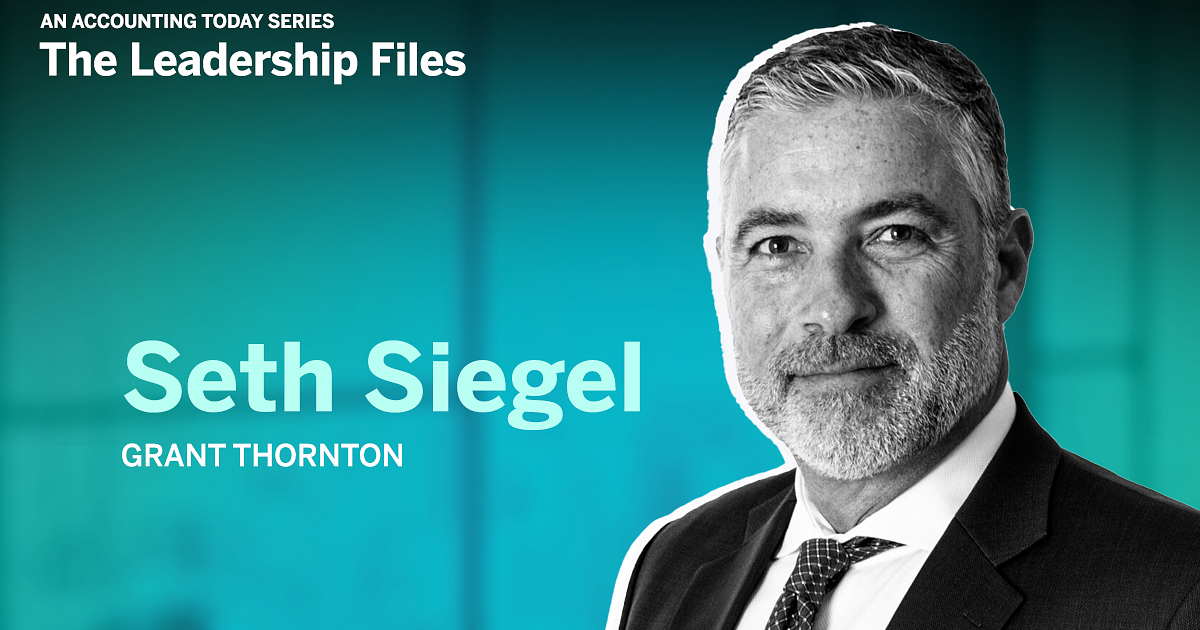Ahead of the FIFA Women’s World Cup 2023, we sat down with Karen Bardsley to find out her perspective on the growth of the women’s game. Karen was goalkeeper for the England Women’s team, and she played for and now oversees the women’s teams at Manchester City F.C.
Q: When you were younger, did you dream of becoming a professional footballer or did you have another career in mind?
As a young football-loving girl growing up in the US, l I saw the likes of Mia Hamm and Michelle Akers on posters and TV ads, alongside athletes like Michael Jordan. Over there it was a lot more common for girls to play football, and watching them I believed I could do it as a career, that was my dream. I was very curious about how far I could go and also very determined.
Q: What’s your take on the growth of the women’s game so far and what more needs to be done?
When I moved to the UK, I experienced a huge shift in culture, as women’s football wasn’t visible. I didn’t see young girls playing football in parks, I didn’t see women’s football on TV, only the FA Cup Final. Before I started representing England, I had to do a lot of research to find out about the women’s teams and where to play, it was hard. The infrastructure around supporting girls just wasn’t there.
Obviously we have made a lot of progress, but there’s a lot more we need to do. If you take Manchester City as an example, yes there are a lot of pitches but not all of them are accessible for women and girls, often it’s at unsociable hours. I saw in the short film Xero made with Jill Scott recently, she alluded to the barriers at her grassroots club where the girls had to train out the back without decent lighting so they’d use car headlights to play at night.
Breaking down some of those barriers is something that I’m passionate about because I want girls to have the equal opportunities like I did.
I’ve seen women’s professional leagues face organisational challenges due to a lack of proper financial management and governance. When we started to see more investment and a better approach to financial management, it made such a difference. We saw the rise of the WSL in England when it professionalised in 2018 and the impact that’s had not only on the players, but the whole support structure from staff, families, businesses and communities.
Q: Women’s football has rapidly accelerated in popularity in the UK in the last couple of years, what do you put that down to?
For me I saw the start of it when I joined Manchester City and in 2014 we played the first professional season, won our first trophy and qualified for the Champions League the following year. Looking back, it started an arms race of other clubs starting to invest more in their women’s teams and it became competitive, pushing clubs to invest more to attract the best players.
It wasn’t until 2018 that the Women’s Super League became fully professional, where we started to see bigger sponsorships and broadcast deals which played a huge role in the visibility of women’s football. It was exciting to have sponsors that understood that this was a long term partnership, and we needed to do things differently to make a change and truly grow the game. There’s definitely been a ripple effect in bringing together a network of people and brands who want to do something different and contribute to this change.
Q: What do you find most rewarding about your role now?
It’s an honour to be part of this change and help continue to grow the women’s game. It’s always meant a lot to me to have the ability to give back, because football has given me so much. It’s changed my life! Looking back on my career I can’t actually believe it. I’m so proud of how much the game has grown over my time and I’m excited to see where we can take it.
Q: What impact do you believe this year’s FIFA Women’s World Cup will have on getting more women and girls into the game?
Growing the global reach of the women’s game is so important, and now that the tournament has expanded, it’s growing in visibility even more with teams from all over the world competing now. It’s exciting to see it attract more viewers and gain interest across the globe.
In the UK, we saw a lot of interest following the Lionesses’ win at the 2022 Euros. At Manchester City we’ve seen a big increase in girls joining in and wanting to give football a go after being inspired by the national women’s team. But also, the FA and the County FAs have been instrumental in acting on this momentum and driving participation of girls in football.
Q: What is your advice for women in football wanting to move into the business of football?
Don’t be afraid to try something new. Just because nobody else has done it doesn’t mean that you can’t be the first one. For me, the outcomes of a potential opportunity are worth it, you’ll always get something out of it. It’s always a good idea to stay connected whether that’s through networking events or asking questions to people in those positions. Talk to different people and make connections with other women in the business side of football. I think we can do a better job at sharing opportunities and shining a light on the different paths women can take in the wider football industry.




